Our editorial team has unearthed some truly astonishing facts about the Middle Ages and ranked them here.Everyone who sees the number one spot ends up shouting in disbelief!
TOP 10. Hair Removal Could Be a Real Adventure
In the Middle Ages, while wax and depilatory creams were still used, the use of tweezers and razors became more common. They also used depilatory cream recipes containing arsenic and quicklime, which posed significant health risks.TOP 9. Bouquets Were Used to Mask Bad Smells
In the Middle Ages, brides carried bouquets for two reasons. It was believed flowers brought good luck, and the bouquet was also used to cover up body odor.At that time, most people bathed just once a year, in May. And that's just the beginning... wait until you see what's next.TOP 8. Lavender Oil Was Used to Repel Parasites
We now have a vast array of hair care products to choose from, but medieval people could only dream of such variety. They used olive oil and almond oil for hair care and to get rid of lice.TOP 7. Some Nobility Had a Phobia of Water
In 14th century Europe, some people, after experiencing multiple epidemics, developed a fear of bathing. It was believed that infected air could enter the body through clean pores.Think that's strange? The story gets even wilder.TOP 6. Commoners Had to Take "Family Baths"
To save water, common folk would reuse the water in the bathtub. The whole family would bathe in one tub. The history portal History Collection explains that usually the father, the head of the household, would bathe first in clean water, followed by the other men, and only then could the mothers and daughters bathe in order of age.TOP 5. Ladies Brushed Their Teeth with Nut Shells
Before toothpaste was invented, people devised all sorts of methods to maintain oral hygiene. In The Trotula, a text revealing medieval women's beauty secrets, there's an interesting teeth-whitening tip. Women were advised to take the contents from a walnut shell, rub their teeth with it three times daily, and then rinse with salt water.TOP 4. Clothes Were Hung Out Overnight in the Moonlight
In the Middle Ages, peasants habitually aired out their clothes regularly. They would hang them outside overnight to remove bad odors. It was believed at the time that moonlight had purifying properties.But wait, there's more... the further down the list, the crazier it gets.TOP 3. Dogs Played the Role of "Sanitation Service" at Banquets
At that time, dogs were considered a symbol of nobility and wealth. The illustrated manuscript Très Riches Heures du Duc de Berry provides evidence that European nobles brought their pets to banquets. Dog owners thus displayed their status, wealth, and taste.You thought that was shocking? Hold on, we're nearing the top spots.TOP 2. They Cleaned Shoes with Oil, Wax, and Rowan Twigs
To clean leather shoes, a mixture of wax and oil was often used. This mixture helped keep the leather soft and protected it from dirt.To tackle bad smells, dried herbs were used, sprinkled directly inside the boots.And finally, the number one habit that never fails to provoke a strong reaction...TOP 1. Women Used Various Forms of Pads and Tampons for Menstruation
Women of all social classes needed a way to manage menstrual flow. Well into the 20th century, the ancient method of using "rags" was still common – tearing strips of cloth and stuffing them between the legs.The traditional red petticoat, worn closest to the skin under layers of skirts, might also have had a practical purpose – helping to conceal and absorb menstrual stains.Throughout history, fashion has brought us clothing that seems extravagant or downright bizarre today. From corsets to peculiar hats, these bold designs often had practical or symbolic meanings that made perfect sense only in their own time.




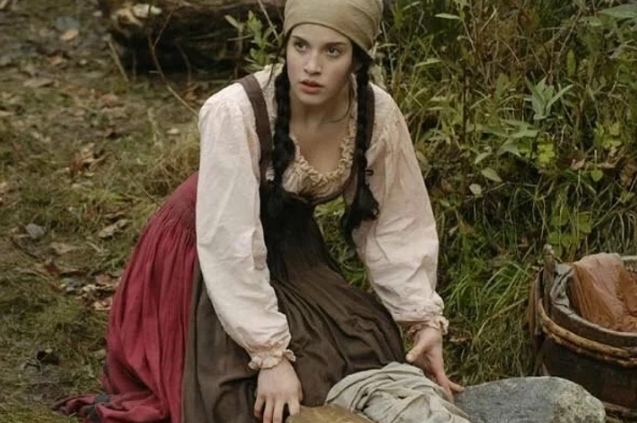

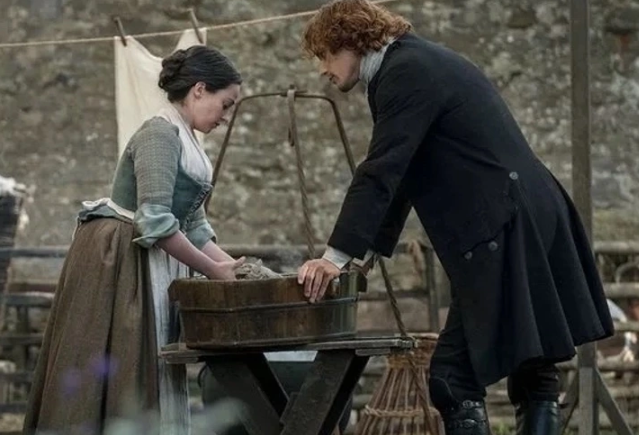
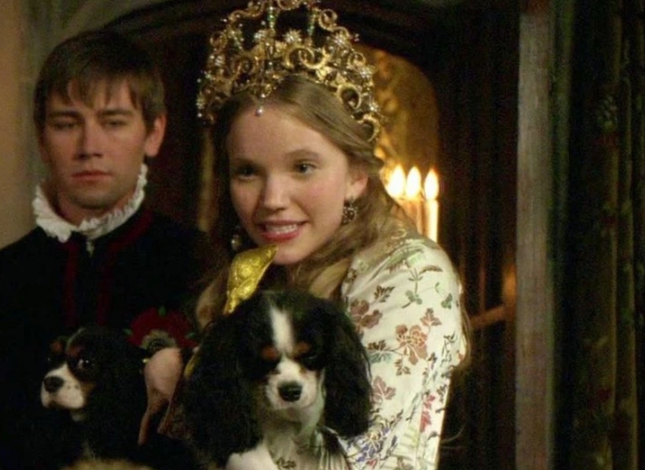



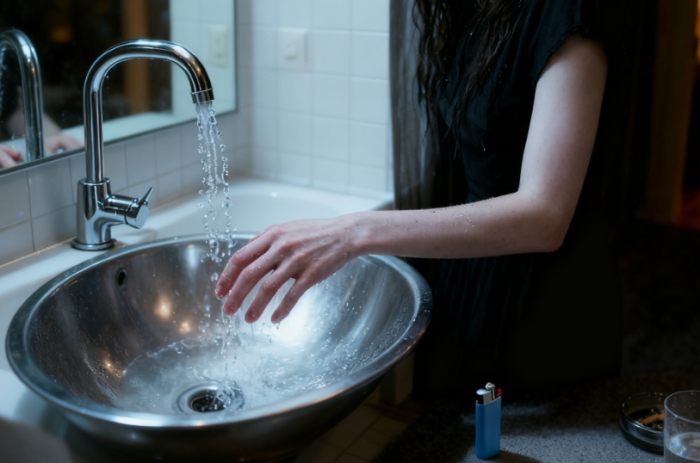






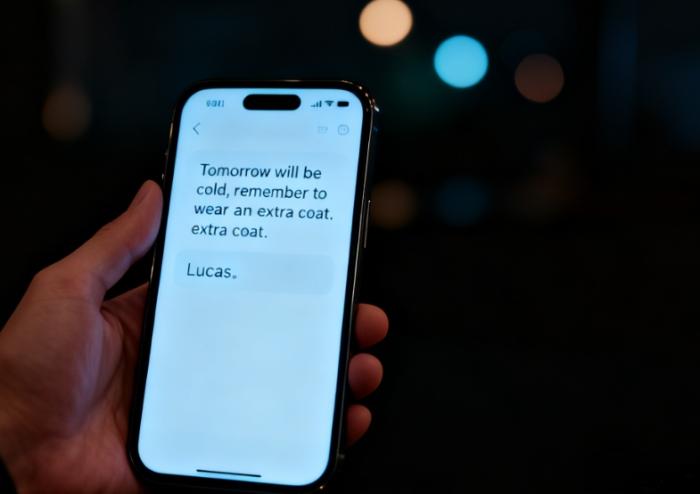










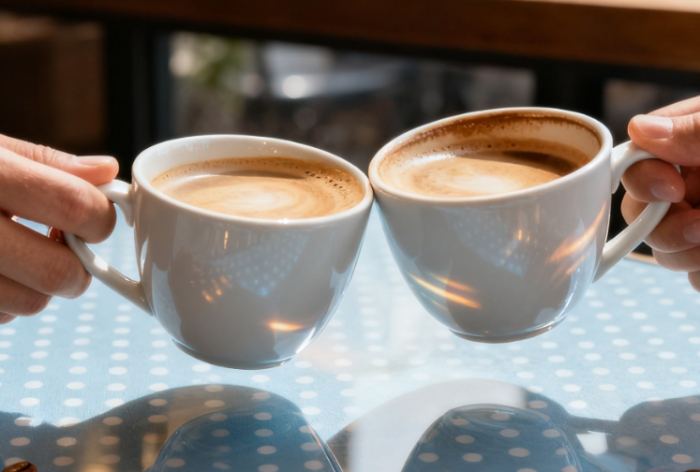










Comments